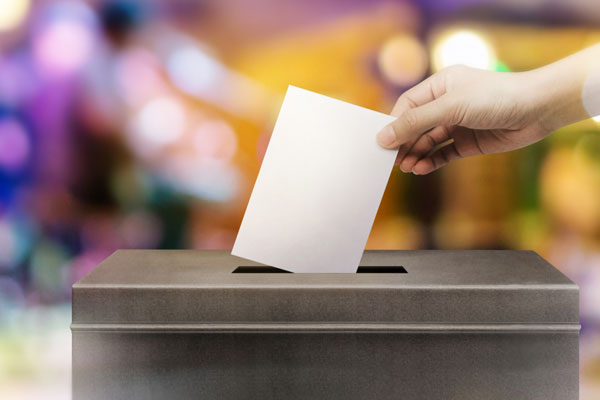Recent events have led almost a third of UK holidaymakers to adjust their travel plans. A survey indicates high interest in domestic travel aligning with political events.
Despite these changes, the allure of travel remains strong. The majority intend to maintain or increase their travel spending in the coming year, highlighting its priority over other leisure activities.
Election-Induced Travel Adjustments
A significant portion of British travellers, approximately 16%, have adapted their holiday plans to remain in the UK during the upcoming general election. This adjustment reflects their commitment to participate in the electoral process by voting in person. For others, the election has influenced their timing choices, ensuring they are present during this pivotal national event. The decision to stay within the UK is seen not only as a civic duty but as an opportunity to explore domestic destinations.
Sporting Events Shape Holiday Schedules
Sporting events, particularly the Uefa European Football Championships and the Olympics, have also shaped travel decisions for 15% of respondents. The data shows a surge in bookings for Germany, the host nation for the Euros, with numbers more than doubling in June.
Travel enthusiasts are strategically planning their holidays around these prominent events, combining their passion for sports with their travel itineraries. This trend showcases the growing integration of sporting events into holiday planning.
The influx of spectators and participants during these events is expected to boost tourism sectors in host countries. As these events coincide with traditional holiday periods, they provide an added incentive for travellers to embark on international journeys.
Travel Priorities and Consumer Spending
Despite the adjustments in travel plans, the importance placed on holidays remains unwavering. The survey highlights that 85% of participants intend to spend as much or more on travel this year compared to the last. This prioritisation of travel expenditure underscores its significant role in leisure activities.
Travel continues to top the list of discretionary spending categories, surpassing areas like fashion, dining out, and home improvements. This consistent consumer behaviour indicates that travel is not just a luxury but a vital component of lifestyle and wellbeing.
In a year marked by political and sporting influences, the travel sector remains resilient. Such external factors seem to complement rather than overshadow the intrinsic value placed on travel.
Industry Response to Changing Trends
Leading travel agencies, such as Travel Counsellors, have noted these trends with interest. Steve Byrne, CEO of Travel Counsellors, remarks on the robust consumer demand witnessed in the first half of the year. ‘Demand for summer holidays remains exceptionally strong,’ he states, illustrating the public’s persistent enthusiasm for travel.
Agencies are adapting their marketing and service offerings to align with these consumer preferences. By tailoring packages around significant events, they aim to enhance their appeal and capture the shifting interests of holidaymakers.
Implications of Election Timing on Travel
The timing of the general election has broader implications for the travel industry. Such political events can cause temporary fluctuations in travel patterns, as seen in the current scenario. However, the sector’s adaptability is evident in its ability to accommodate these changes.
Travel agencies are leveraging this period to promote staycations and domestic travel. The election provides an opportunity for businesses to capitalise on the increased interest in local destinations.
This focus on domestic travel not only caters to immediate demands but also strengthens the long-term prospects for local tourism by promoting awareness and accessibility.
Economic Outlook and Travel Investment
The economic landscape plays a crucial role in travel dynamics. With predictions of robust travel spending, stakeholders are optimistic about sustaining growth. The industry is poised to invest in infrastructure and services that augment the travel experience, reinforcing the sector’s importance within the economy.
Collaborations between travel companies and governmental bodies are fostering an environment conducive to tourism development. This synergy is essential for addressing the challenges and leveraging opportunities within the travel landscape.
Conclusion and Future Directions
As the UK navigates through its political and sporting calendar, the travel sector showcases its resilience and adaptability. Participation in both domestic and international travel remains strong, with consumers eager to explore opportunities for leisure and relaxation.
The evolving travel landscape in the UK signifies robust consumer confidence despite external influences. Continued investments and strategic planning will support the industry’s growth, nurturing both local and international tourism interests.
The dynamic interplay between political events, sporting occasions, and travel priorities illustrates the sector’s versatility. As consumers remain committed to their travel ambitions, the industry’s future appears promising.

